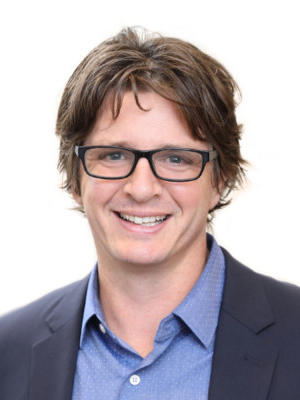
Dr. Sean E. Hanlon is Deputy Director of the NCI Center for Strategic Scientific Initiatives (CSSI) where he provides leadership in the planning, developing, and implementing initiatives with a focus on emerging areas of science with potential impact across the cancer research continuum. Dr. Hanlon is committed to advancing the field of cancer research through open science, technology development, and transdisciplinary collaboration. He provides scientific leadership to collaborative programs and innovative partnership, including the NCI-CRUK Cancer Grand Challenges program, the NCI’s Human Tumor Atlas Network, and the NIH Common Fund’s 4D Nucleome program. He also serves as a representative on NCI, NIH, and inter-agency committees and programs, including co-chairing the NCI Artificial Intelligence working group, serving as a project scientist for the Common Fund Bridge2AI program, and leading data sharing efforts for the Applied Proteogenomics OrganizationaL Learning and Outcomes (APOLLO) research network.
Prior to joining CSSI, Dr. Hanlon was a Program Director in the NCI Division of Cancer Biology where he managed a portfolio of grants focused on transcriptional and epigenetic regulation in cancer biology and served as Director of the Physical Sciences-Oncology Network (PS-ON). Dr. Hanlon’s research interests focus on fundamental problems in chromatin organization, epigenetics, and transcriptional regulation. He came to the NCI in 2009 through the AAAS Science & Technology Policy Fellowship program. Prior to his selection as an AAAS Fellow, Dr. Hanlon was a postdoctoral fellow at the University of North Carolina at Chapel Hill where he used genomics and bioinformatics approaches to address problems in transcriptional organization and regulation on a genome-wide scale. Dr. Hanlon received his PhD in Molecular Biology and Biochemistry from Rutgers University in 2003 where his work focused on understanding how chromatin structure influences transcription and cell-cycle progression.